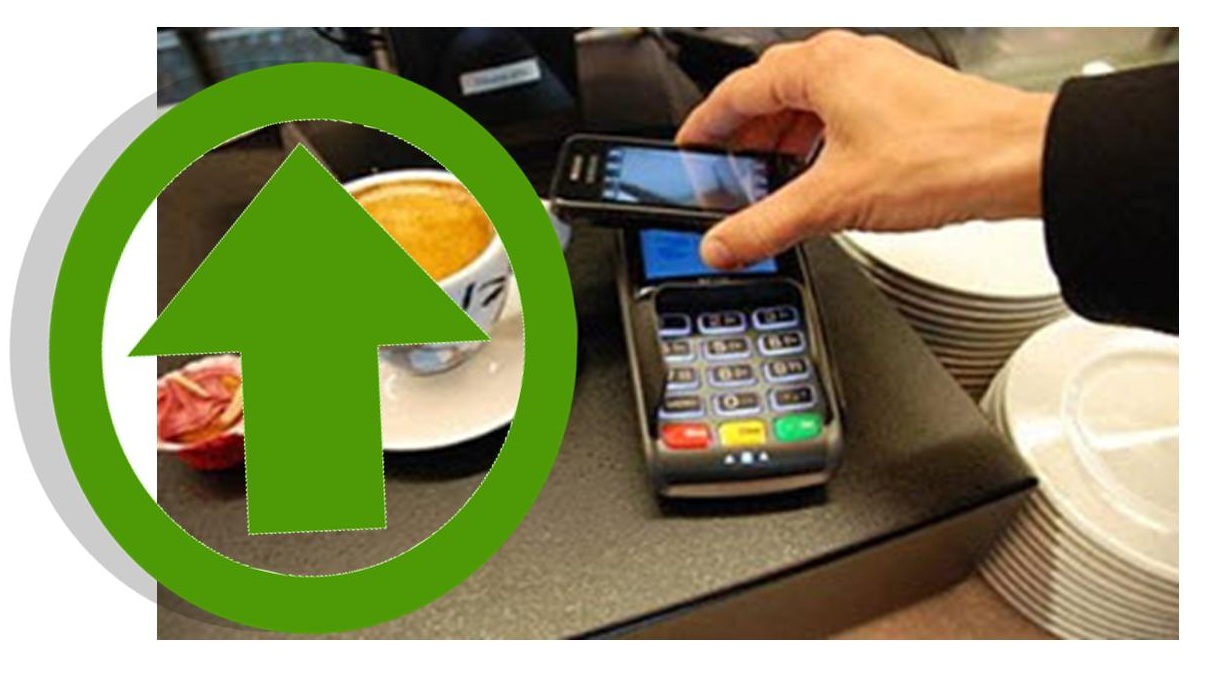 A new study is showing that these nations are concentrating heavily on shopping over this channel.
A new study is showing that these nations are concentrating heavily on shopping over this channel.
China is currently leading the world as the region of the glob that has the largest mcommerce activity, but most of the countries in the Asia Pacific are focusing their attention on that channel at the moment.
According to a recent study’s results, the fastest rise of smartphone shopping is also occurring there.
The research was performed by MasterCard, and it showed that while China may be the country where the most mcommerce purchases are being made, it is in Indonesia and Thailand where the most rapid growth is being seen in purchases made over smartphones and tablets.
The MasterCard study showed that over half of all consumers from Thailand and Indonesia are now using mcommerce for shopping purposes.
The report was based on a study which was designed to examine the inclination of consumers to shop online and was held throughout 25 different markets around the world in November and December of last year. The final report included the results of interviews with 7,011 respondents in 14 markets in the Asia Pacific region.
These participants were asked a number of questions in order to better understand their shopping habits online. China was the clear frontrunner, but other leading countries for mcommerce included New Zealand, Singapore, Australia, and South Korea.
Among the primary drivers behind the shift toward mcommerce in all of these countries – particularly in China – was a confidence boost in shopping using smartphones and tablets. The survey showed that only 21.4 percent of the respondents said that they didn’t feel that shopping over mobile devices was secure. This was a decrease from the year before, when it had been 32.8 percent, which had also fallen from 2010, when the figure was 35.3 percent.
Beyond confidence, consumers in China also revealed that they felt that mcommerce made shopping online “easy”. Among the respondents from that country, 89.5 percent agreed with that statement, which was a rise from the year before when only 80.8 percent felt that way in the survey that was conducted for the MasterCard research that year.
 NFC technology beginning to gain more traction in mobile commerce
NFC technology beginning to gain more traction in mobile commerce
NFC technology has begun to lose some of its luster with consumers in regards to mobile commerce, but that does not mean that the technology is going away any time soon. Though many consumers have reservations concerning the use of NFC technology in mobile commerce, NFC remains one of the cornerstones of mobile payments. The technology enables mobile devices to conduct transactions for goods and services and helped expose people to the concept of mobile commerce. Despite the importance of the technology, NFC-enabled mobile devices are still quite rare. This may soon change.
Study shows that more NFC-enabled devices are incoming
A new study from ABI Research, a leading market research firm, suggests that the number of NFC-enabled devices around the world will surpass 500 million in 2014. The study predicts that at least 285 million NFC devices will be shipped around the world this year, with heavy shipments being seen in large markets like the U.S. and some parts of the Asian Pacific. Mobile device makers are currently the strongest supporter of NFC-enabled devices and are expected to labor intensely to show that these devices can be useful, especially in the realm of mobile commerce.
Galaxy S III helps promote NFC and shed light on the challenges it faces
Currently, the most popular NFC-enabled mobile device is the Samsung Galaxy S III. This smartphone is equipped with NFC technology that has been lauded as an ideal way to share digital content among consumers. The fact that the smartphone can be used to participate in mobile commerce has received relatively little attention since its launch last year. The Galaxy S III has, of course, been used for mobile payments, but it also represents the challenges that device makers have with promoting the mobile commerce capabilities of NFC-enabled devices, namely raising awareness and encouraging consumers to actually pay for goods using their smartphones or tablets.
NFC technology may not be ideal for mobile commerce
The study from ABI Research shows that device makers are ready to embrace NFC technology, but mobile network operators may have more trouble supporting the technology and its use in mobile commerce. NFC technology has no inherent security features, as it acts simply as a transmission technology capable of sending and receiving digital information. Therefore, the security measures needed to keep consumers safe are the responsibility of device makers and mobile network operators. Network operators have, thus far, shown little interest in incorporating significantly more robust, and more expensive, security measures in order to support NFC technology.
 A new study is showing that these nations are concentrating heavily on shopping over this channel.
A new study is showing that these nations are concentrating heavily on shopping over this channel.
 NFC technology beginning to gain more traction in mobile commerce
NFC technology beginning to gain more traction in mobile commerce